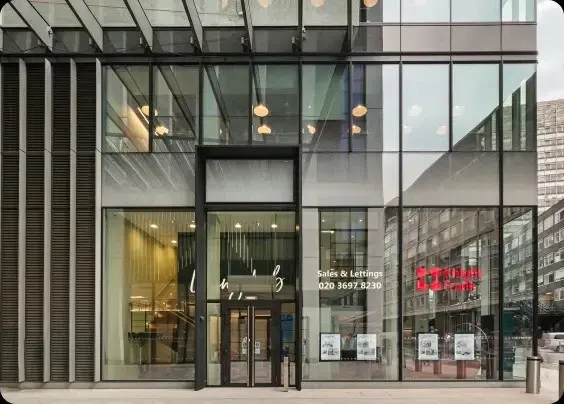Is the Indian Real Estate Market Prepared for Global Workspace Demand?

Synopsis
Key Takeaways
- India is experiencing significant growth in office leasing.
- Global firms are seeking flexible and innovative workspace solutions.
- Corporate strategies are evolving to meet economic uncertainties.
- There is a marked shift towards prime assets and regional portfolios.
- ESG considerations are driving demand for adaptable buildings.
Mumbai, June 9 (NationPress) As international companies adjust their operational strategies, India is poised for a surge in demand — not merely for physical space, but for innovative, adaptable environments that emphasize performance, resilience, and thoughtful design, according to a new report released on Monday.
Global enterprises are eyeing more than 100 million square feet of additional workspace as disruptions fuel a new surge in real estate requirements.
Approximately 63% of corporate real estate leaders surveyed expressed apprehension about economic and geopolitical instability. However, rather than halting their strategies, firms are proactively enhancing their space approaches by incorporating options such as shorter leases, flexible formats, and locations that promote risk diversification and access to talent, as highlighted in the report by Knight Frank.
“In India, this transformation is already in progress. Office leasing in the nation hit 71.9 million sq ft in 2024 — marking a 21% year-over-year increase — while 2025 commenced robustly, achieving 28.2 million sq ft in the first quarter alone, a remarkable 74% year-over-year growth,” stated Shishir Baijal, Chairman and Managing Director of Knight Frank India.
“The complexities of corporate real estate today are being shaped by a convergence of strategic alignment, operational volatility, and rapidly changing work styles — all set against a backdrop of tight timelines and cost management. The corporate real estate function is transitioning from a reactive role to a pivotal position within enterprise transformation,” Baijal further explained.
Instead of retreating, numerous corporates are fast-tracking their transformations. Nearly 50% of participants anticipate an expansion of their overall footprint within the next three to five years, equating to 104 million sq ft of additional space. A quarter of the companies expect to grow by more than 20%, generating up to 49 million sq ft of demand from these firms alone, the findings revealed.
“Occupants are moving away from outdated portfolios, but they’re not forsaking space; instead, they’re transitioning to superior locations and, in many cases, expanding into multiple sites as they regionalize their portfolios,” remarked Dr. Lee Elliott, Partner and Head of Global Occupier Research at Knight Frank.
The survey indicates a significant change in location strategies, with organizations consolidating into premium assets, seeking operational flexibility, and designing networks of hubs rather than singular headquarters.
This trend is already evident in major markets where demand is shifting towards properties that provide adaptability, experience, and ESG credentials, especially in cities that fuse global reach with local talent.
“Global unpredictability and the necessity for business transformation are accelerating this activity rather than hindering it, as companies recognize the importance of getting it right in the current macroeconomic landscape,” Elliott added.










